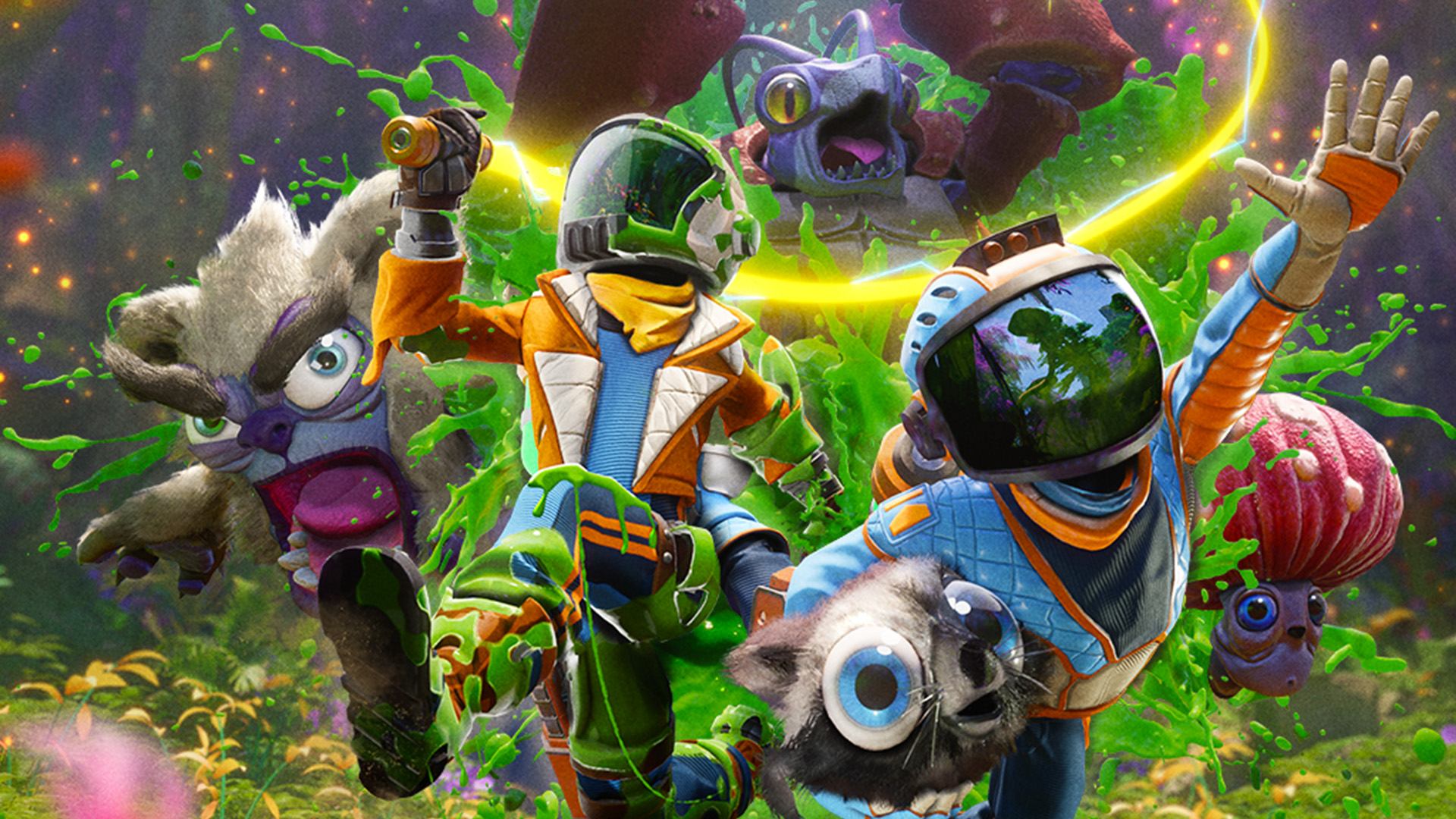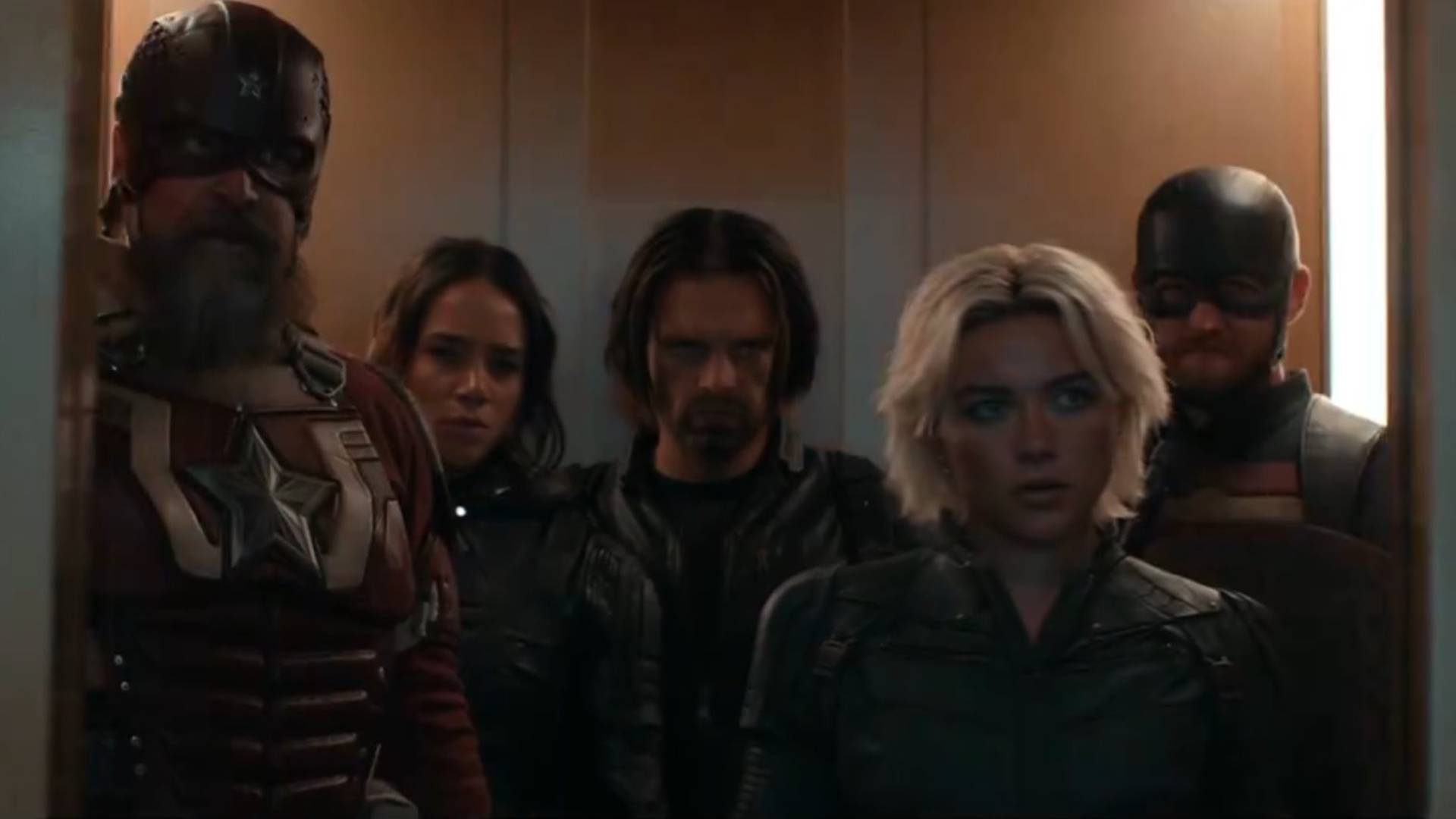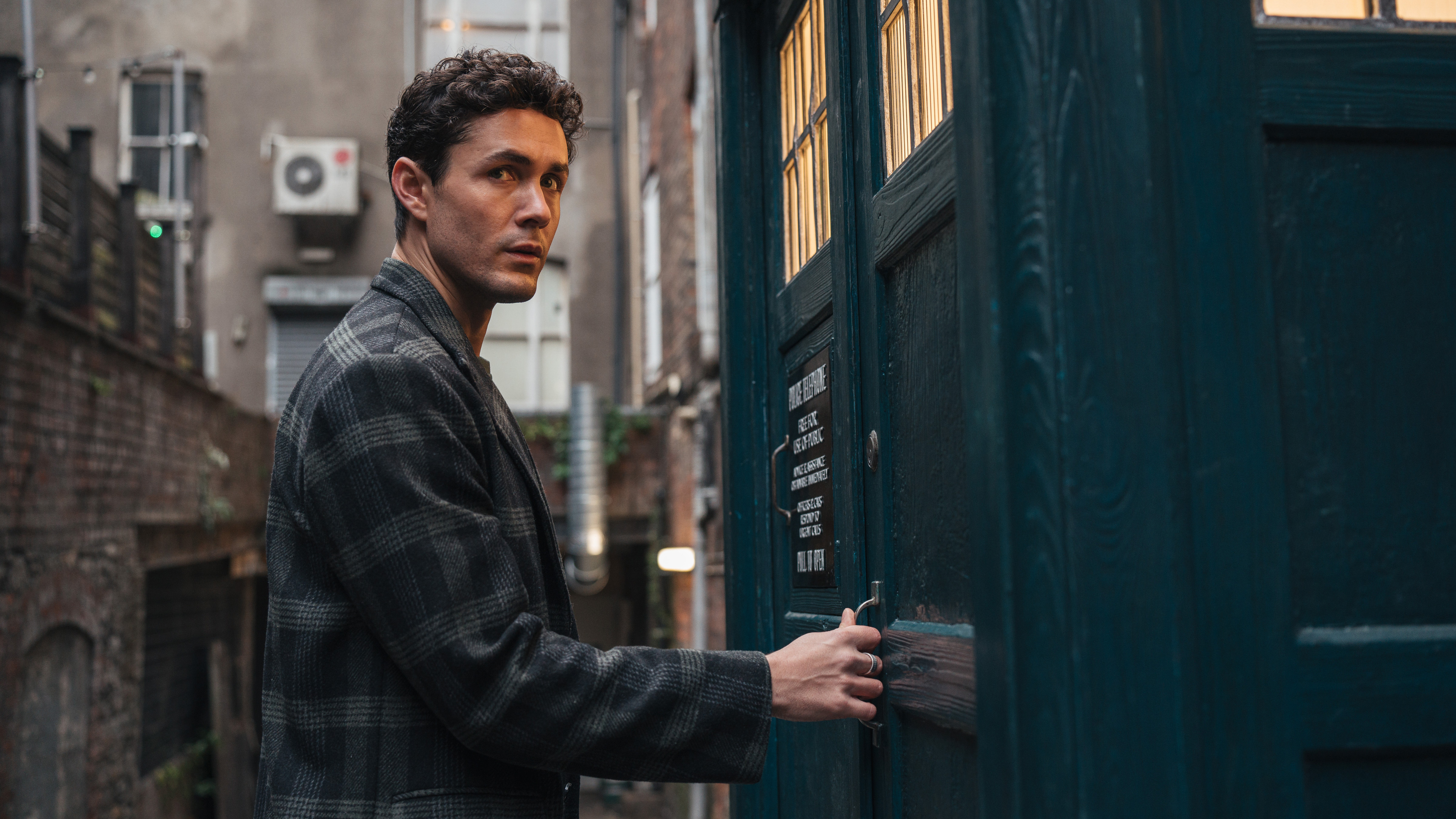15 canceled video game movies we never got to see
The video game movies that ran out of lives before they made it to the big screen
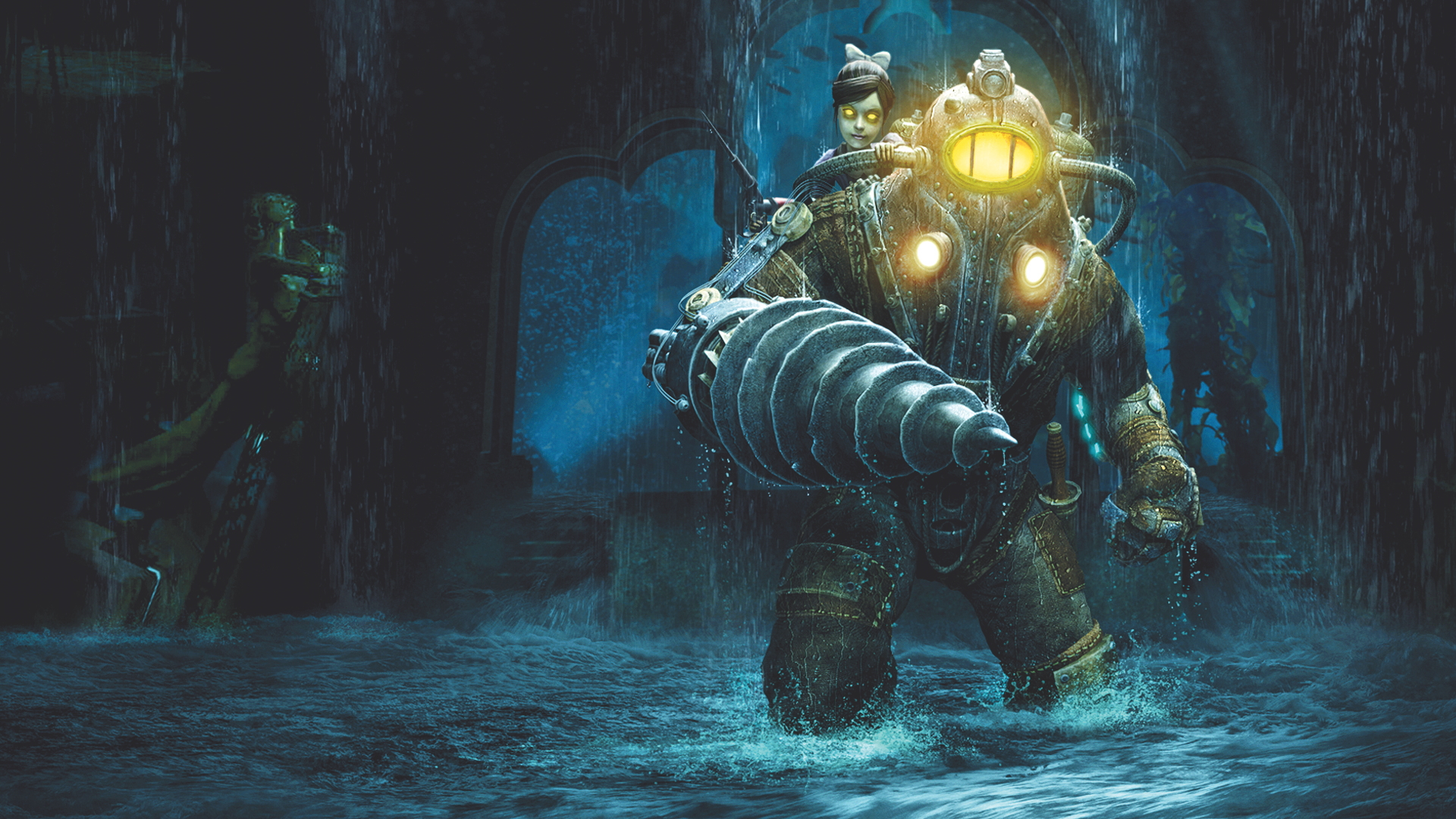
Movie adaptations of video games have a rocky history. For every success (Resident Evil) there’s a handful of duds (Doom, Hitman) that leave executives slamming the brakes on future releases. Recent hits such as Detective Pikachu and the Sonic movie seem to have reignited studio interest in the genre, and with adaptations of games including Uncharted, Monster Hunter, and Minecraft scheduled for the next two years, it seems Hollywood believes video game movies can break their losing streak. But what about the films that never escaped development hell? Here’s a look back at the video game movies that never got made.
The Sims
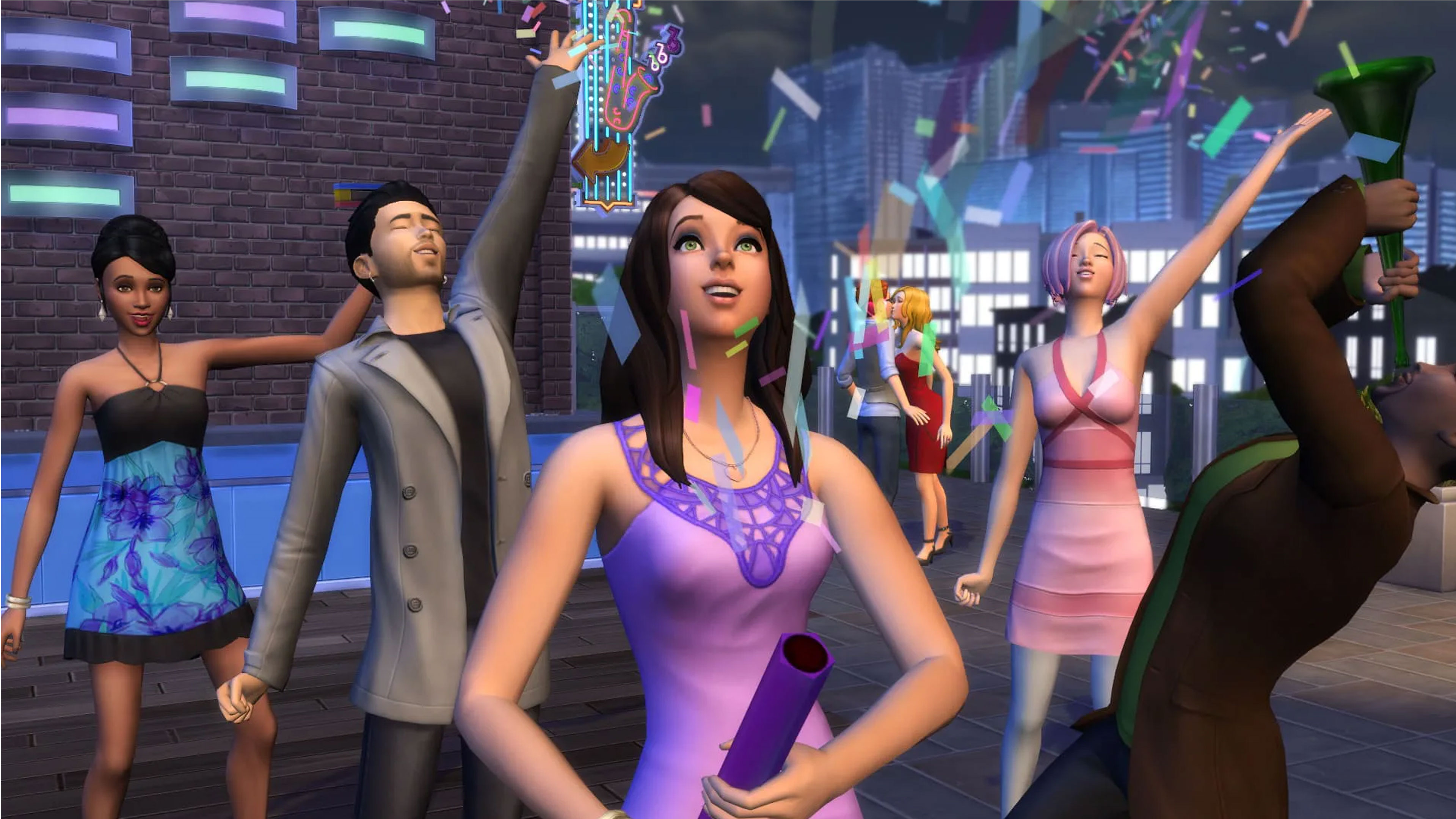
If there’s one game that could translate into something pretty horrifying on the big screen, it’s The Sims. The life-simulation game offers no shortage of ways to torture your playable characters, from removing pool ladders to setting off fireworks indoors. Way back in 2007, 20th Century Fox bought the feature rights to The Sims after it became the best-selling PC title in history. Producer John Davis, who worked on The Man from U.N.C.L.E, later revealed that the movie would focus on two teenagers who find a game called The Sims Infinity Pack.
"[What] they realize is that they can scan their world in because this is the most lifelike, real Sims game ever," Davis told Collider. "And as they are playing this they are all of a sudden realizing [that] what they are playing on the game is having an effect on the real world. It’s wish fulfillment, and obviously it turns against them." Following that interview, nothing was heard about the movie for a few years, until the project was officially scrapped when Disney bought 20th Century Fox in 2019. Whether the Sims Infinity Pack would let its players accidentally remove a pool ladder, we’ll never know.
Assassins Creed 2
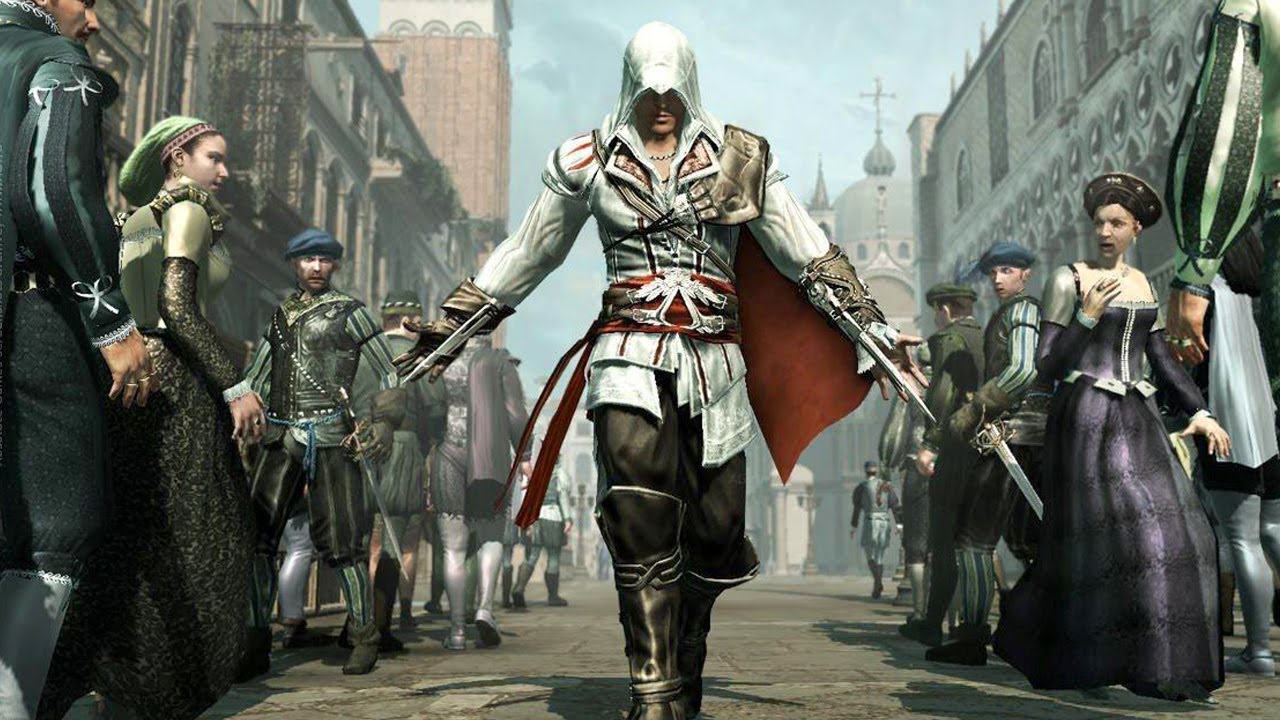
Another victim of the Disney / Fox merger was a planned sequel to 2016’s Assassin’s Creed movie. Work on a follow-up had begun before the first movie had even been released, with Michael Fassbender set to return as Callum Lynch, a man who discovers he’s the descendent of members of an ancient order of assassins. While the first adaptation focused on Lynch’s ancestors in the era of the Spanish Inquisition, the sequel was going to be based during the United States in the 1950s.
Director Justin Kurzel told French publication Premiere: "I think that could be a really interesting period around the Cold War. Traditionally, I think [the games have] gone back further than that. Recent history is something I’m quite interested in. You can definitely kind of do a film-noir thing to it." While the sequel sounded interesting, Disney clearly felt the movie's disappointing showing at the box office put paid to any franchise potential, and the project was axed in 2019.
RollerCoaster Tycoon
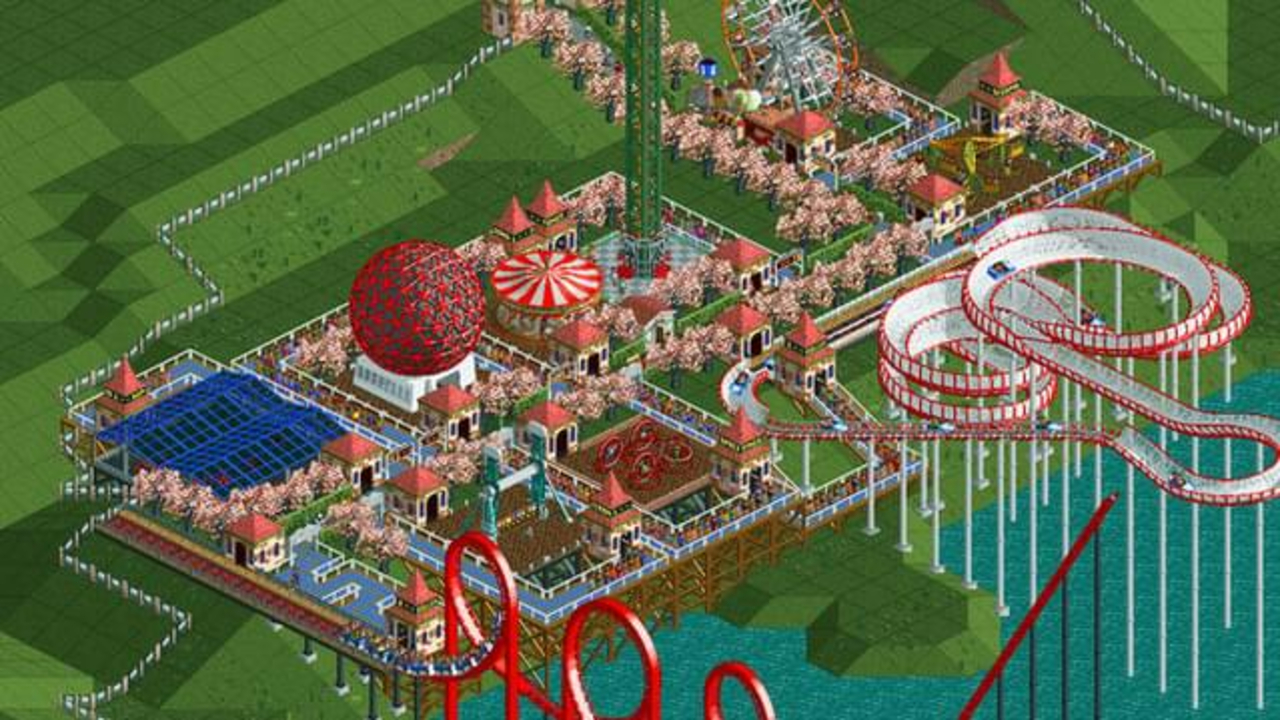
This strategy game was one of the best-selling titles of the early 2000’s and gave players the freedom to create the world’s best theme park – or the worst. Succeeding in RollerCoaster Tycoon meant keeping guests happy enough to improve your park’s approval rating, while unhappy visitors could be drowned, stranded on an island, or given a ride on a rollercoaster that mysteriously ended in mid-air. But a planned movie version was pitched as something more family-friendly.
In 2010, Sony Pictures Animation acquired the rights from Atari and was planning a big screen adaption. Harald Zwart, the director of the Karate Kid remake starring Jaden Smith, was attached to produce and told Cinema Blend the story was pitched as “a theme park comes to life". The idea was based around a child’s fantasy of being given free-roam of the park after all the other guests had left. Unfortunately, there’s been no update on the project in almost a decade, so it seems that idea ran off the rails.
Sign up to the GamesRadar+ Newsletter
Weekly digests, tales from the communities you love, and more
BioShock
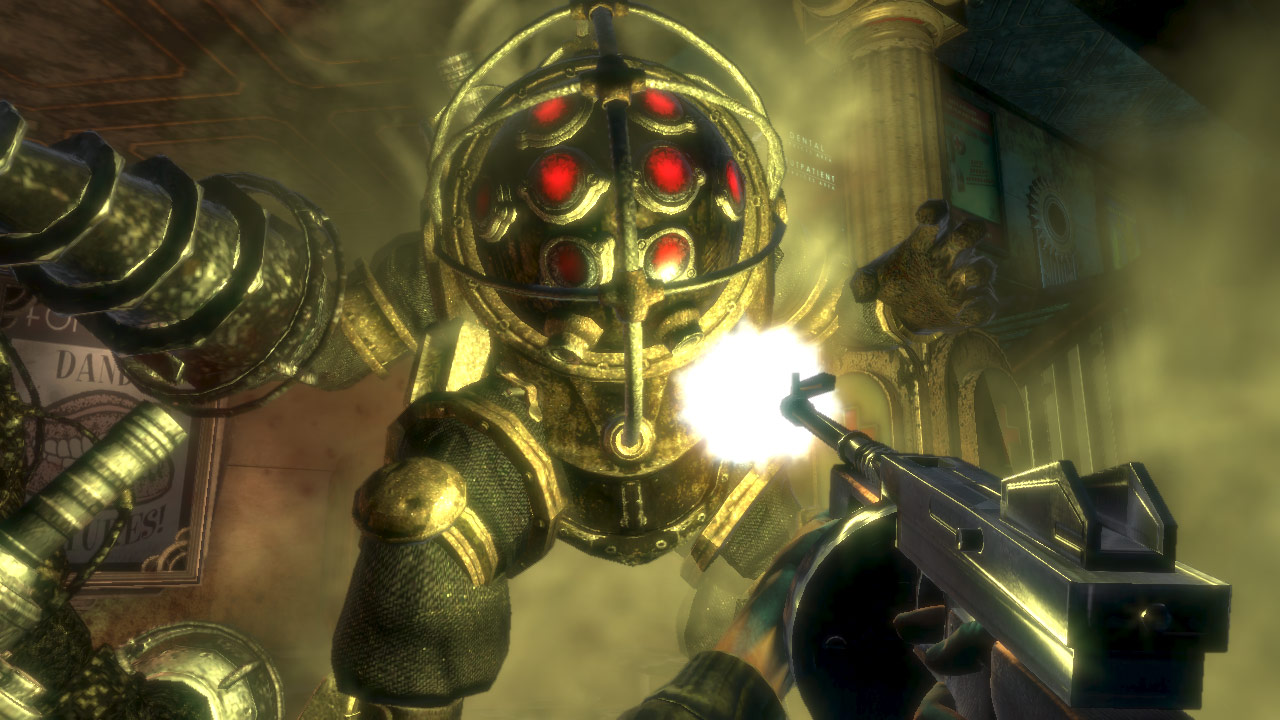
When BioShock was released in 2007, its mix of horror and steampunk fantasy was already cinematic enough for the big screen. Just a year later, Universal Pictures snapped up the rights with Gore Verbinski – director of The Ring and Pirates of the Caribbean – attached to direct. The project languished in development hell for several years, with Juan Carlos Fresnadillo later taking over as director, until Universal pulled the plug just eight weeks prior to shooting.
Speaking at a BAFTA event in 2013, Ken Levine, the developer behind the Bioshock games, said the box office underperformance of 2009’s Watchmen adaptation had made the studio nervous about financing another R-rated film, resulting in a cut to Bioshock’s ballooning $160m budget. This, along with a change in director, led to Levine agreeing to kill the project. Could the undersea city of Rapture ever make it to cinemas? During a 2017 Reddit AMA (ask me anything), Verbinski claimed the recent success of R-rated films such as Deadpool meant the project could have another chance but admitted it would be a "difficult place to get back to". We’re not holding our breath.
Tomb Raider 3
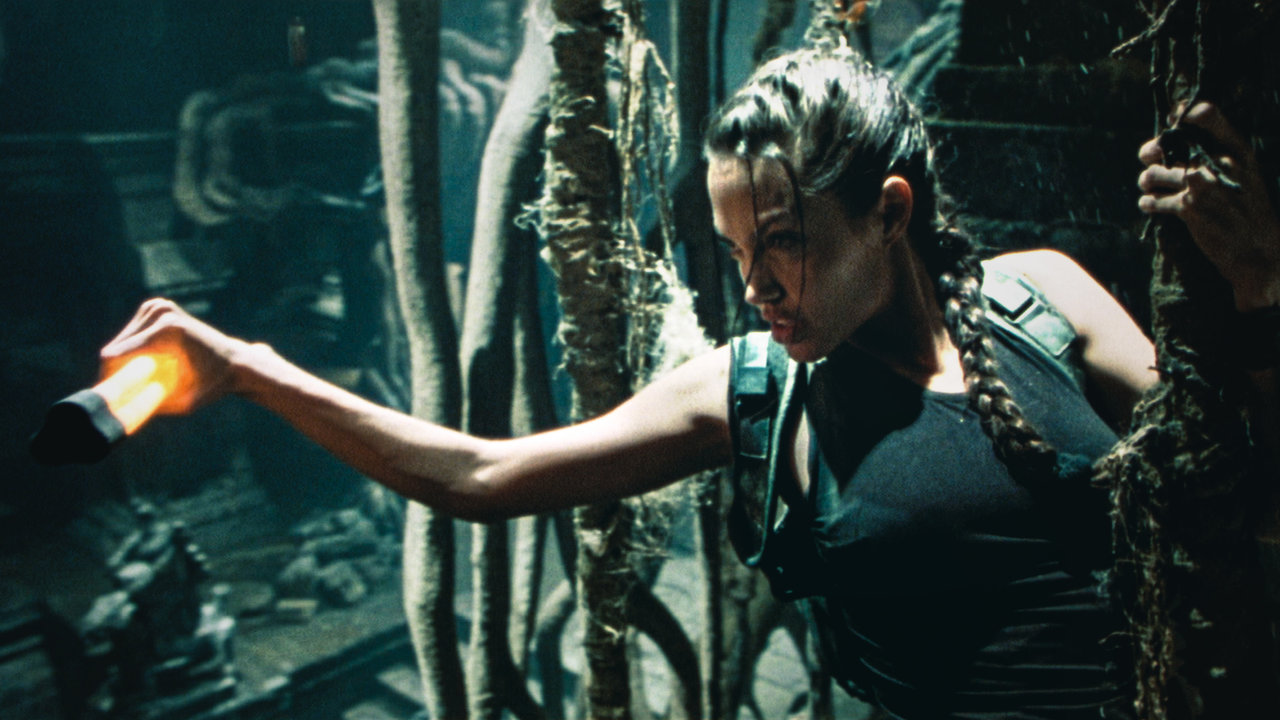
Gun-toting, pixelated archeologist Lara Croft burst into popular culture in the ‘90s and fast became one of the most iconic early PlayStation characters. The success of Tomb Raider was enough to interest Hollywood and led to the release of two live-action movies starring Oscar-winning Angelina Jolie in 2001 and 2003. Neither movie received particular praise from critics or fans, but both did well enough at the box office that Paramount was keen to complete the trilogy.
Things looked positive for a third movie, until Jolie declared that she was done with the role. During a press tour for Taking Lives in 2004 she said: "I just don't feel like I need to do another one. I felt really happy with the last one. It was one we really wanted to do." Alicia Vikander stepped into Lara’s combat boots for the 2018 reboot, which likewise received mixed reviews. A sequel is scheduled for release in 2021, but with filming on hold due to Covid-19 the date of Tomb Raider’s return to cinemas is anyone’s guess.
Citizen Siege
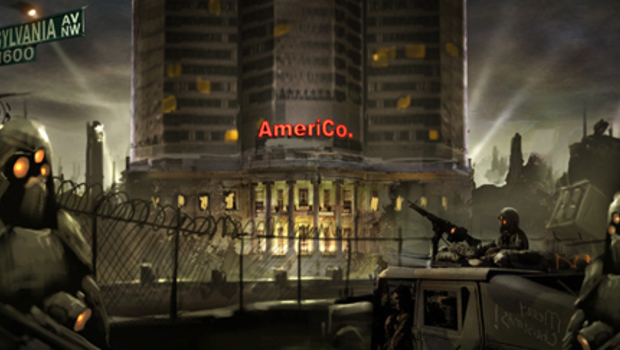
In 2006, Lorne Lanning, co-creator of the Oddworld series, announced plans to direct an animated movie in association with Vanguard Films. Citizen Siege took place outside the Oddworld universe and was described as a "politically edgy sci-fi action thriller" set on a dystopian earth. Two tie-in video games were to be developed alongside the movie, including online action-adventure Wage Wars, which would have been released ahead of the film.
Citizen Siege was set to premiere in 2009 with a $50m-$60m budget but was shelved – alongside its accompanying games – following the 2008 financial crisis. The project looks unlikely to resurface any time soon, but Lanning has long spoken of his desire for the main Oddworld series to make it to the big screen. He told Alphr in 2017 that he had been approached by a producer working with J.J. Abrams over an adaptation almost 20 years ago, but had been too busy working on 2001’s Munch’s Oddysee to take it forward.
SpyHunter: Nowhere to Run
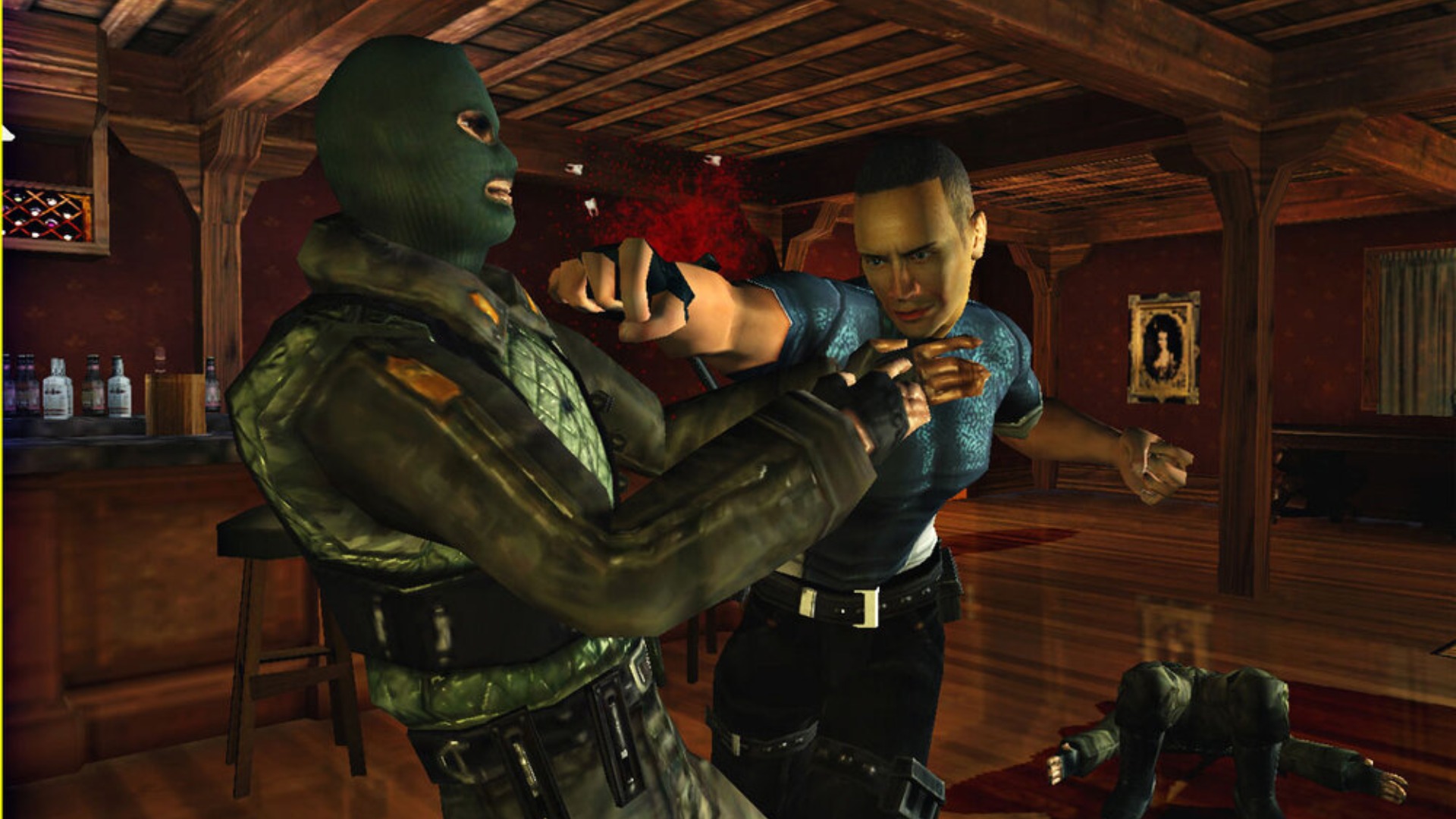
Even having Dwayne Johnson behind the wheel of The Interceptor couldn’t get this planned action film off the starting grid. Based on the driving series spawned by the 1983 SpyHunter arcade game, SpyHunter: Nowhere to Run began development in 2003 after Universal Pictures acquired the rights. The movie reportedly had a $90m budget and was slated for a 2005 release, with Johnson starring as government agent Alex Decker. However, the project got caught in development hell and a tie-in game featuring Johnson was released as a standalone title in 2006.
A revolving door of directors were attached to the SpyHunter movie over the next decade, including Face/Off’s John Woo and Resident Evil’s Paul W. S. Anderson. The last update on the project was in 2015 when the writers of the Sleepy Hollow television series – Nelson Greaves and Sam Chalsen – were brought in to rework the script. With Johnson no longer attached, and 2014’s Need For Speed movie adaption being a flop, it seems unlikely SpyHunter will make it to the big screen any time soon.
Metroid
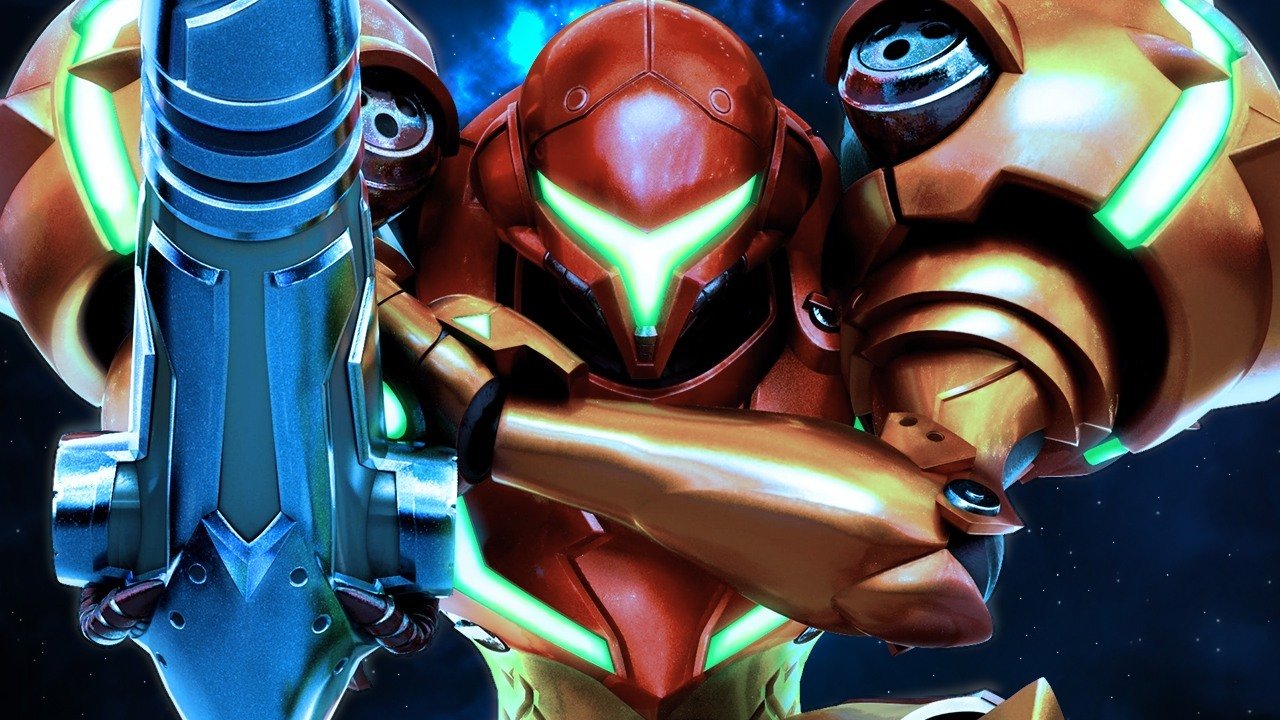
Since the release of Metroid in 1986, Samus Aran has been one of the most iconic female video game characters of all time, and one Nintendo has been hesitant to hand over to Hollywood. Director John Woo (Mission: Impossible II) acquired the film rights in 2004, but the project eventually ground to a halt. One of the producers, Brad Foxhoven, later revealed the writers had hit a wall with Nintendo when trying to explore Samus’ backstory and relationships. The gaming studio was understandably still traumatized by the bizarre 1993 Super Mario Bros movie and was reluctant to cede too much creative control over its characters.
"[Nintendo] ultimately didn't have a lot of answers," Foxhoven told IGN. "In the end, they felt uncomfortable with our team being the ones to propose those answers." Still, if a movie ever does get made, many fans already have their dream casting. In 2018, Brie Larson caused a stir when she shared a picture of herself dressed as Samus for Halloween on Instagram, and the actress later admitting: "I want to make that movie." With Nintendo giving a Mario movie another go in 2022, hopefully it’s only a matter of time until they revisit Metroid.
Halo
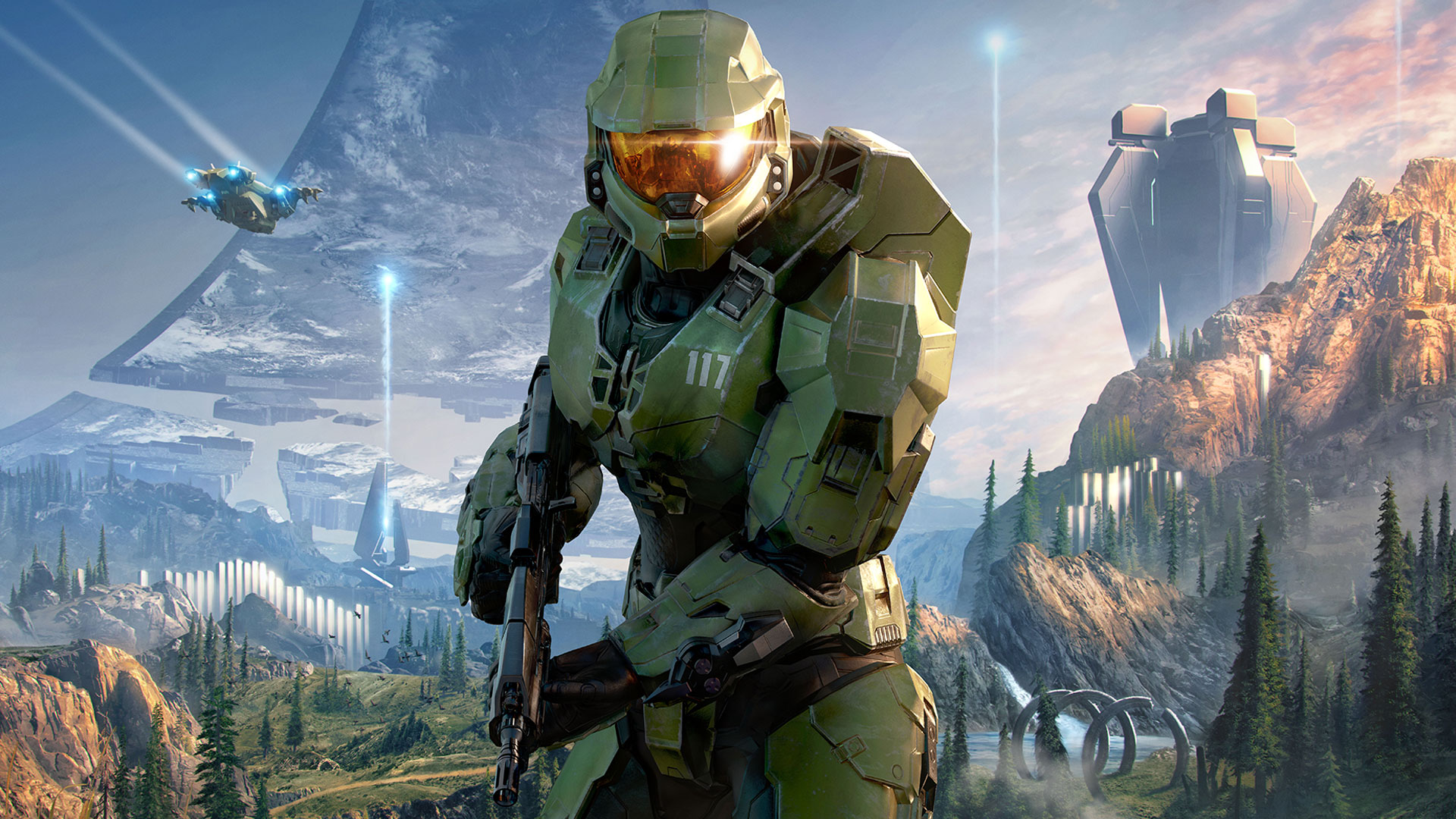
The story of the Halo movie’s failure to launch has it all – corporate meddling, A-list directors, and scripts delivered in full Master Chief armor. Back in 2005, Microsoft hired The Beach writer Alex Garland to pen a script for its golden child before sending the screenplay to Hollywood via couriers dressed in full Halo cosplay. The studio demanded creative control and a large cut of the profits, and Universal and Fox eventually partnered on a deal. Initial plans for the adaptation certainly sound intriguing: Peter Jackson was set to produce and, at one point, Guillermo del Toro was in negotiations to direct before Neil Blomkamp – who went on to helm District 9 – took over. But Blomkamp’s grittier, scuffed up vision for the Halo universe caused upset in the boardroom, especially with Fox chairman Tim Rothman.
"Rothman hated me, I think he would have gotten rid of me if he could have," Blomkamp told Wired in 2012. "The suits weren’t happy with the direction I was going." Ultimately the tussling between the director and three major corporations caused the project to collapse. It wasn’t the end of Halo outside of the games – there have since been two mini-series and a major television show is set to launch on Showtime in 2021 – but we can’t help wondering about the film that never was.
Call of Duty
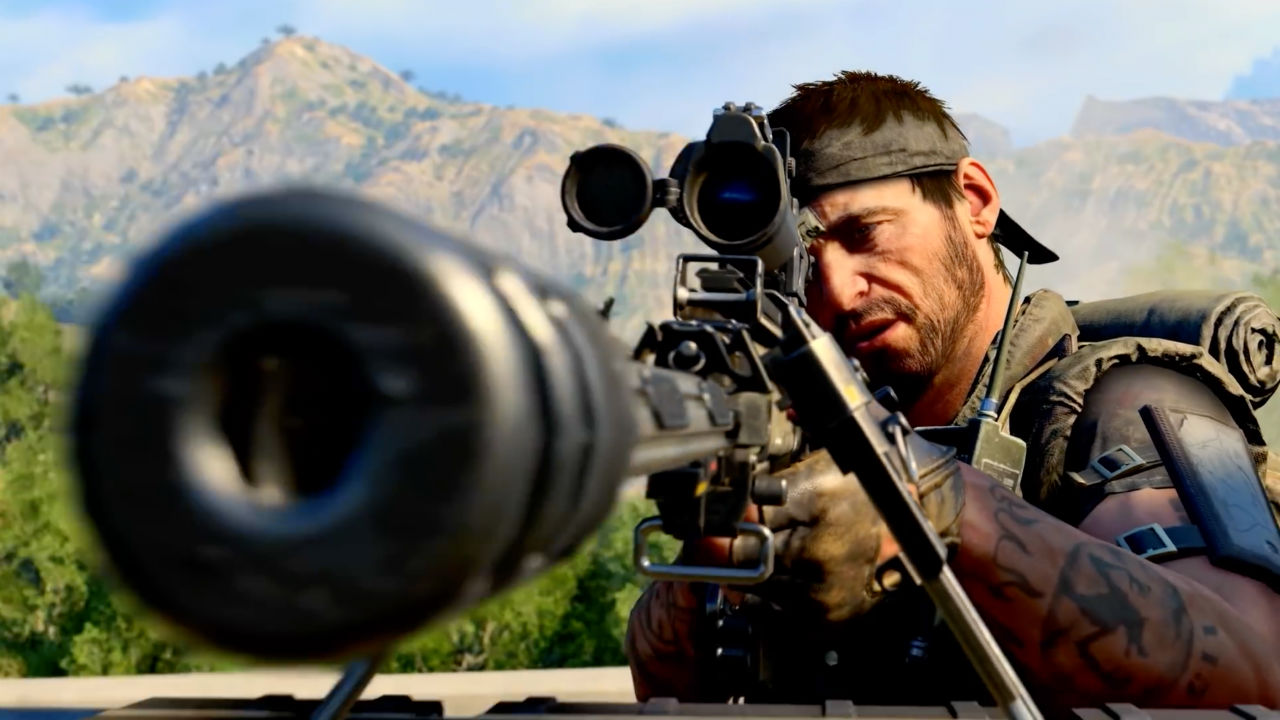
A Call of Duty movie has been in the works since 2015, when Activision Blizzard announced it was starting its own production company to develop a cinematic universe for the franchise. Stefano Sollima (Sicario 2) was hired to direct and Joker writer Scott Silver worked on the script, which Sollima told Slashfilm would be “a story of a soldier” rather than a broader war movie. The director said he was keen for Chris Pine or Tom Hardy to star, and remained tight-lipped on whether the cast would include characters from the game or those created specifically for the movie.
There was almost no concrete news about the movie until 2020, when Sollima told Italian entertainment outlet Bad Taste the project has “stood still” since 2018. “[Let’s] say that the idea of expanding the universe, the world of Call of Duty to film, it is no longer at the moment an industrial priority of the group, of Activision,” he said. The director added that the halt in production “happens quite frequently there in America.”
Castlevania
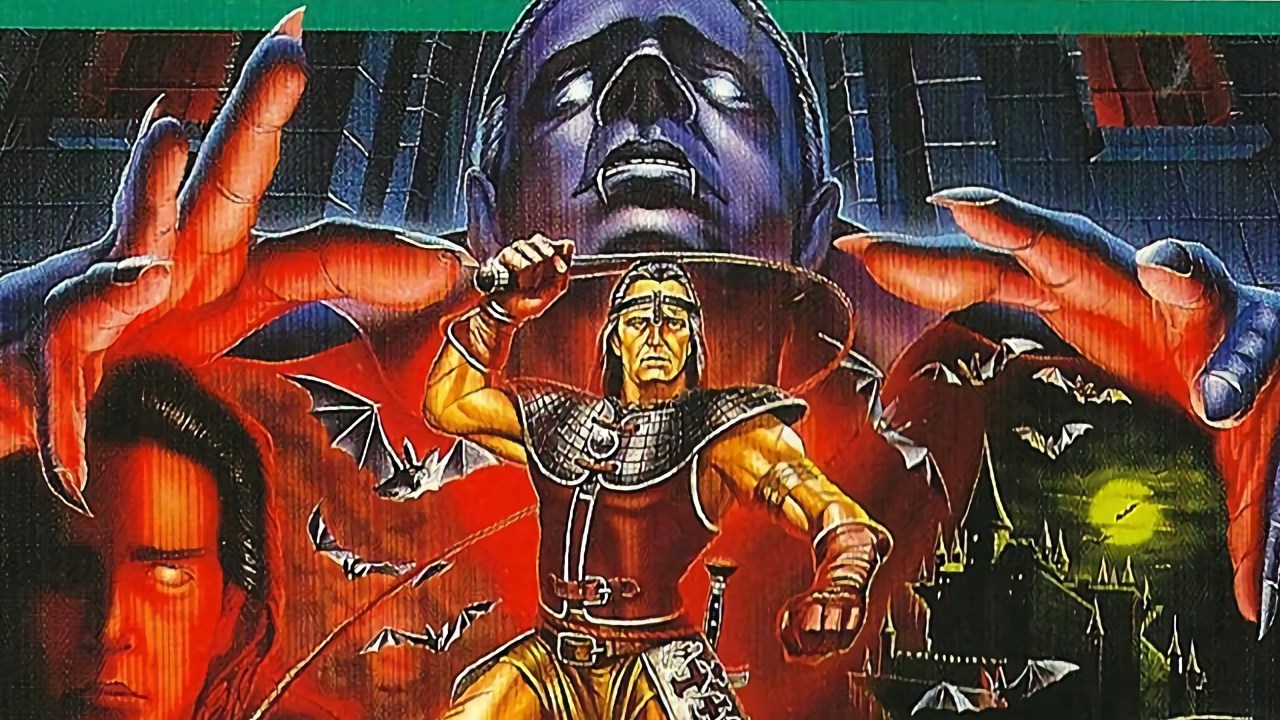
As a series that draws inspiration from the classic Hammer horror movies, Castlevania seems primed for the big screen. In 2005, a $50m film was in production with a script by Mortal Kombat director Paul W. S. Anderson, with location scouting taking place in Hungary and Romania. Anderson’s script was primarily set in 15th century Transylvania and explored the origins of the Dracula legend in the real-life figure of Romanian prince Vlad the Impaler. The film seemed ripe for franchise potential and would have set up a multi-generational battle between Vlad and the Belmont family after the clan discovered the original vampire.
Unfortunately, the 2007 WGA strike drove a stake through the project’s heart, and the movie was officially canned in 2009. The Castlevania movie has yet to rise from the dead, but the Netflix animated show based on the franchise has won praise from critics and fans alike.
The Secret of Monkey Island
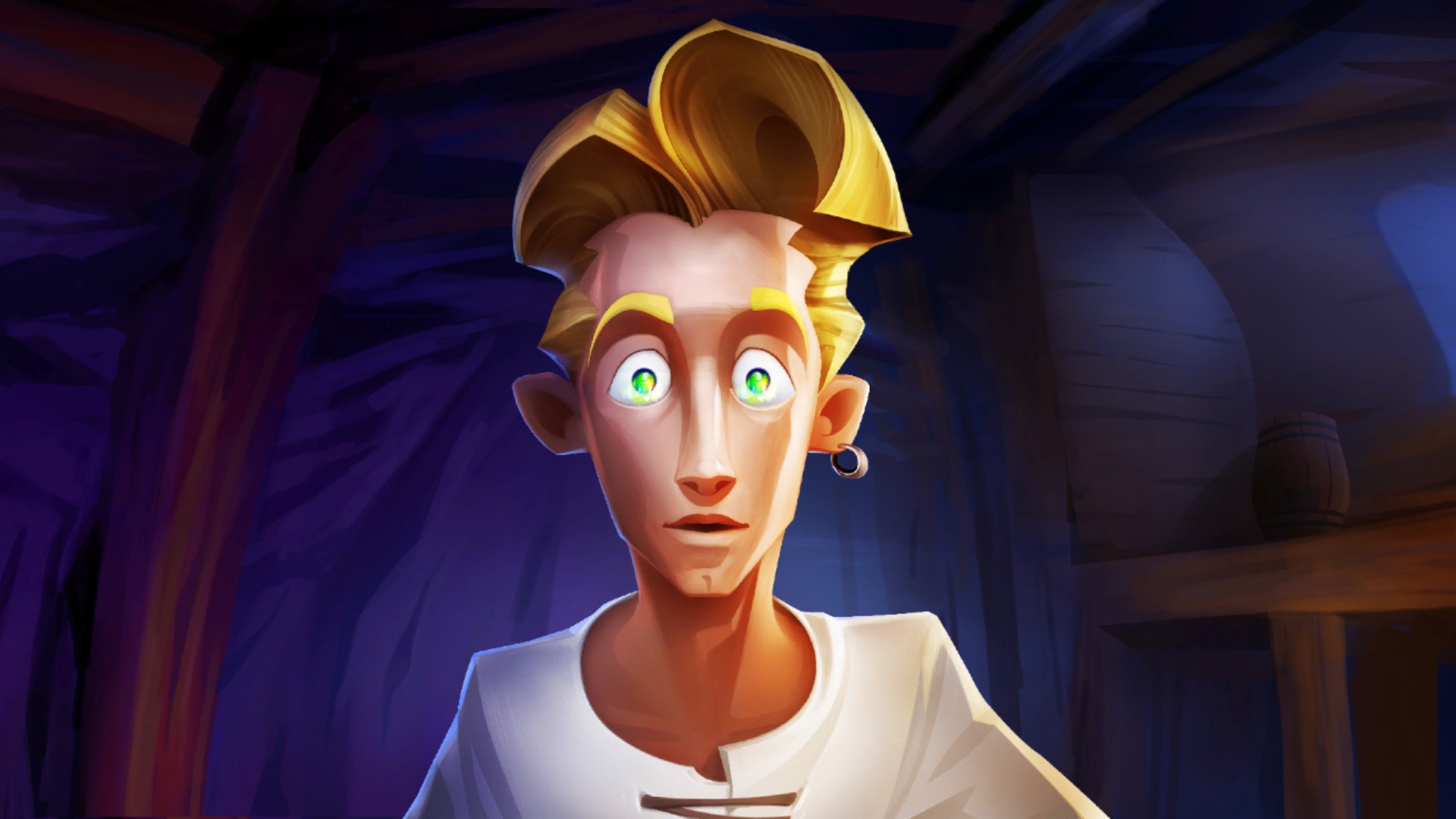
Lucasfilm’s swashbuckling Monkey Island series produced some of the best point and click games of the ‘90s, packed with in-jokes, silly characters, and catchy theme music. Rumors that a movie adaptation had been in the works were confirmed with the 2011 release of the Monkey Island Special Edition Collection, which featured a disc containing a storyboard and concept art from a canceled film. Wannabe pirate Guybrush Threepwood remained the protagonist and ghost pirate LeChuck would have returned as the villain, but the plot would have largely ignored the games in favor of a rebooted storyline.
Though the series is still beloved by fans, it seems impossible there’ll ever be a Monkey Island film in future – the intellectual property is now owned by Disney, which is unlikely to launch a rival to its own Pirates of the Caribbean franchise. That hasn’t stopped fans petitioning the company to hand the rights back over to the games’ creator Ron Gilbert, but it seems unlikely Disney will have a heart and relent.
Sonic the Hedgehog
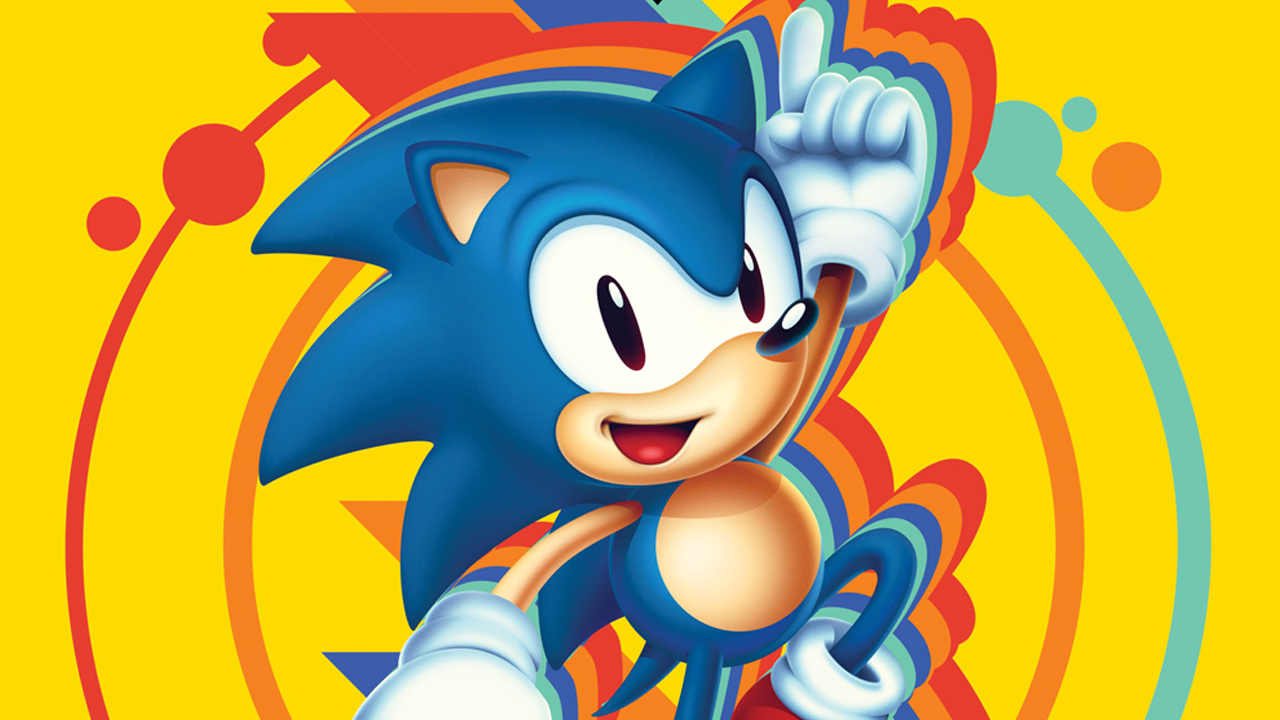
The 2020 Sonic the Hedgehog movie was a surprising success, grossing over $306m dollars worldwide, but it wasn’t the first attempt at bringing the blue blur to the big screen. In 1994, SEGA signed a deal with MGM Studios and Trilogy Entertainment to create a live-action movie titled Sonic the Hedgehog: Wonders of the World.
The movie would have seen a CGI Sonic and Doctor Robotnik escape into the real world, with the villain launching a theme park that – it would transpire – was replacing children with robot clones. Sonic would team up with an awkward teenager to foil the villain’s plans and they would end up returning to the game, though things would be left open for a sequel. MGM eventually pulled out of the deal and the movie never got made. Screenwriter Richard Jeffries was allowed to pitch the script to DreamWorks, but the studio passed, perhaps sensing the difficulties of combining the CGI Sonic with live-action.
The Last of Us
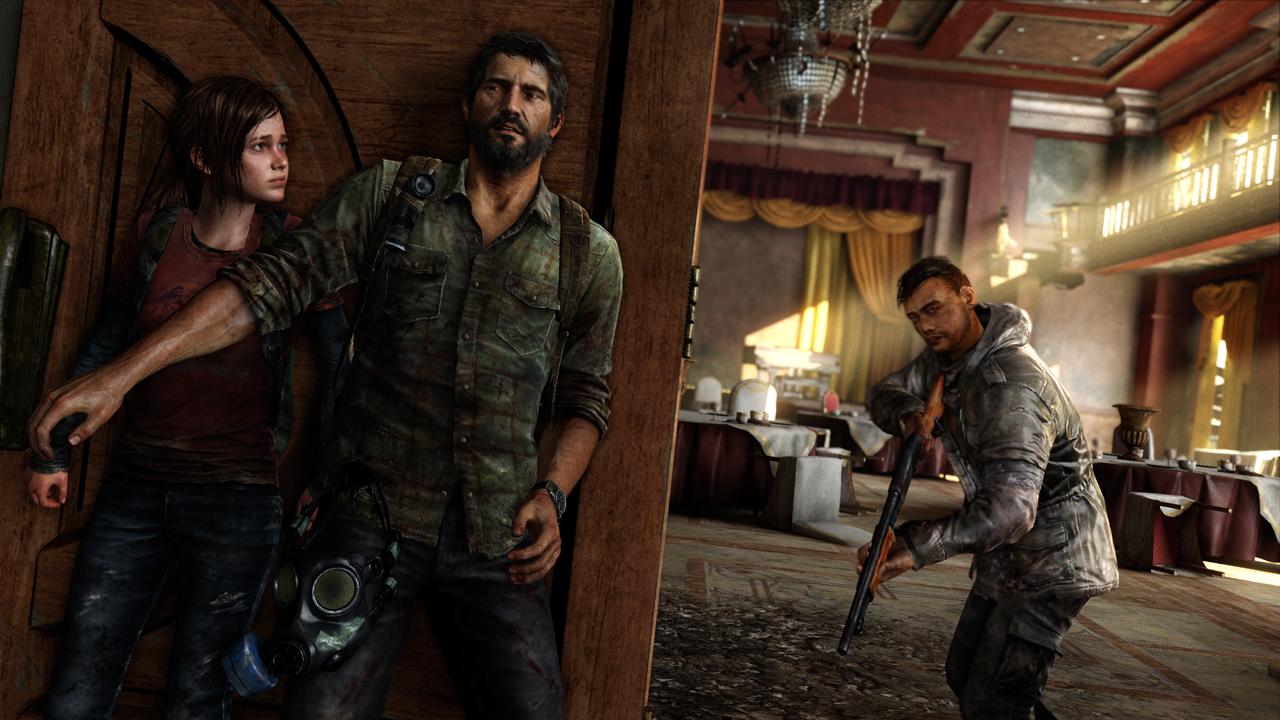
The Last of Us HBO series may be on the way, but there were originally plans for Joel and Ellie to come to the big screen. Sony announced plans for a movie in 2014, with the game’s writer Neil Druckmann working on the script and Spiderman director Sam Raimi producing. Game of Thrones actress Maisie Williams expressed interest in playing Ellie and a table read was even held with actors, but the project stalled when Druckmann fell out with Sony about the direction of the project.
Speaking on stage at the DICE Summit 2018, he said “having some separation from it, I look back and I’m like, I don’t want that movie to be made.” Plans for the film were eventually ditched in favor of an HBO series, which will still be co-written by Druckmann and is expected to cover the events of the original The Last of Us game and parts of its sequel. If anything, the series feels better suited to a slower television adaption, and with Craig Mazin – creator of the acclaimed Chernobyl series – at the helm, it seems in good hands.
Wheelman
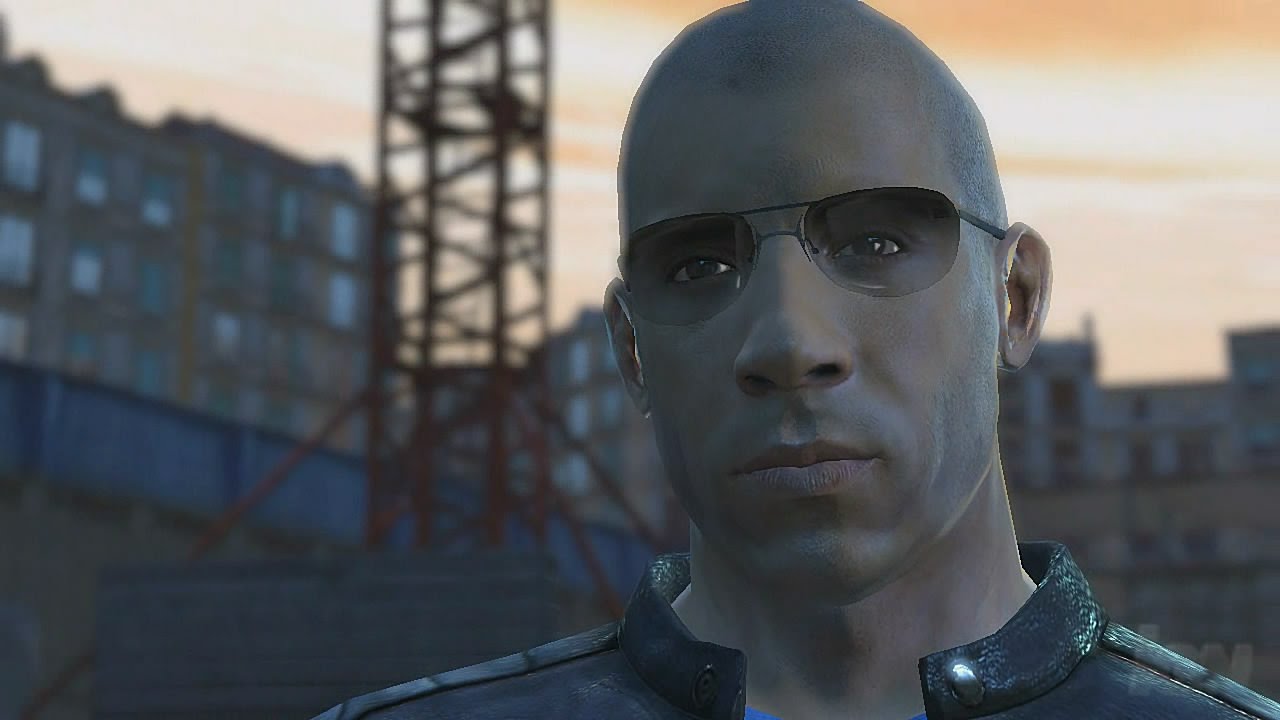
After Vin Diesel found action hero superstardom with the Fast and Furious franchise, he signed on to appear in the driving game Wheelman alongside a planned tie-in film. Midway Games partnered with MTV Films and Paramount Pictures for the project, which it hoped could pioneer a "groundbreaking new model" for the industry based on simultaneously developing entertainment properties across different mediums with “Vin Diesel right at the center of it all”.
The game was released in 2009 after several delays, with Diesel showing his range playing an expert driver-for-hire and all-round hard man named Milo Burik. The movie was intended to be a direct sequel written by Rich Wilkes, who worked with Diesel on 2002’s XXX, but there have been no updates on the project in over a decade. Presumably, Diesel got too busy with his other car-driving franchises to take it forward.
Don't let this list get you down, because plenty of games did make it to the final edit. Check out the 10 best video game movies of all time now.
